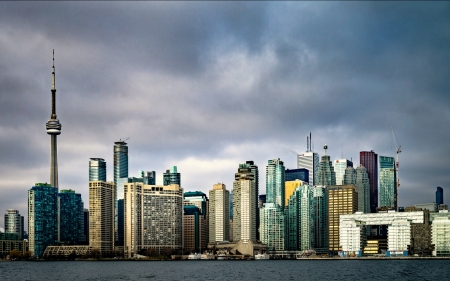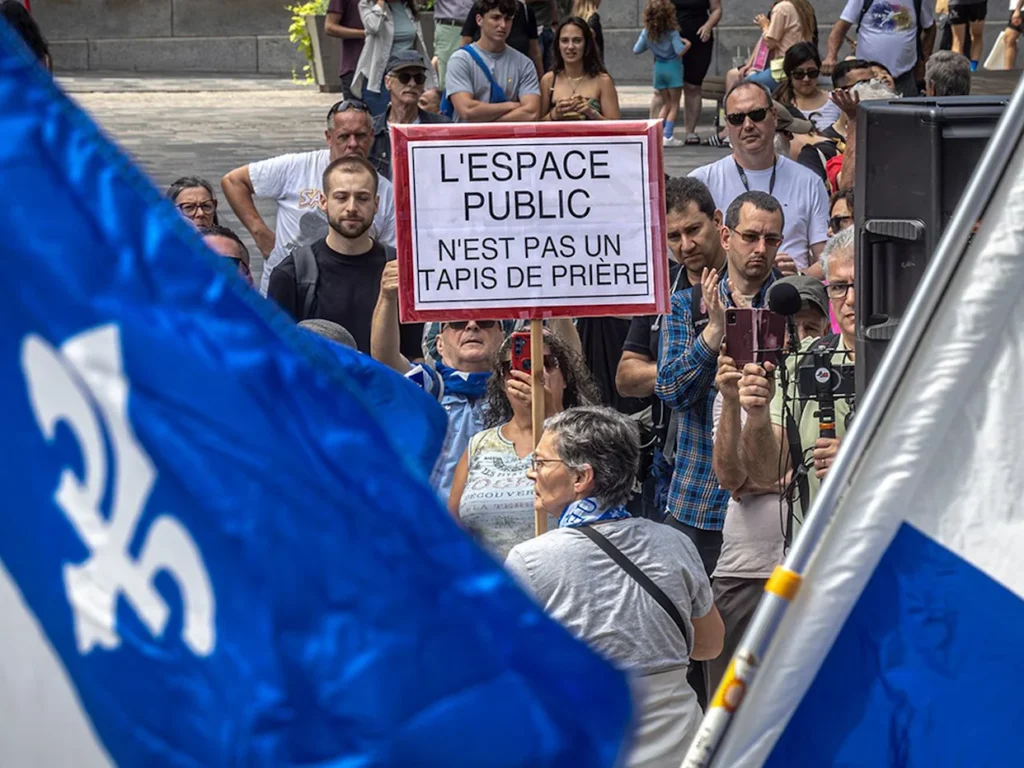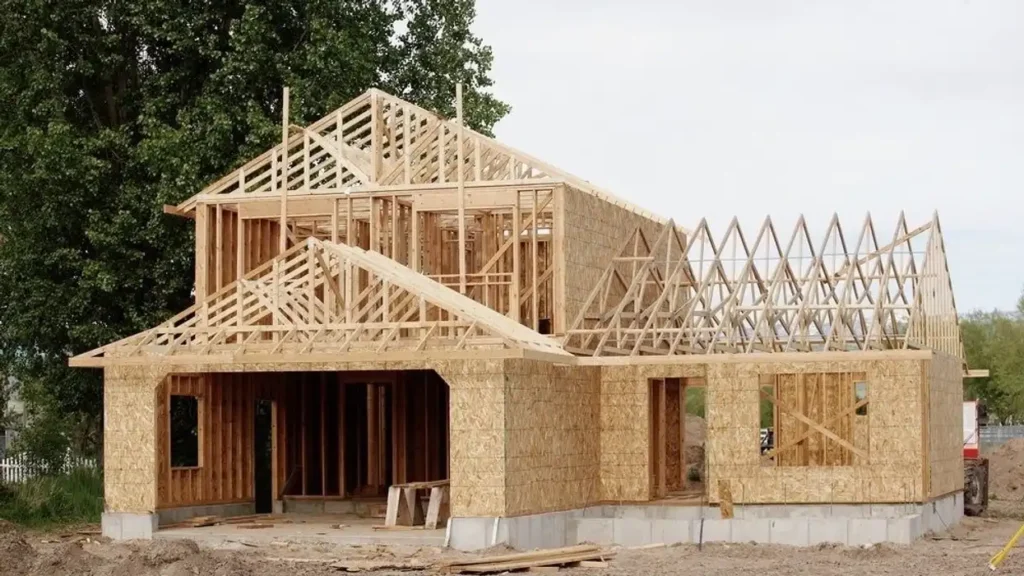In an interview with the New York Times shortly after being elected in 2015, Justin Trudeau described Canada as a “post-national state” with “no core identity, no mainstream”. Most people considered this a largely meaningless, if somewhat oddly phrased comment from a man still trying to find his footing in Canada’s highest office.
Last week, a video emerged of Sikh protestors in Calgary using swords and daggers to rip apart Indian flags. One held aloft a long spear. The demonstration was in favour of the separation of the majority Sikh state of Punjab from India, a largely Hindu country.
Across the street, Hindu protestors shouted back angrily, and a policeman stepped in to stop several from crossing over and engaging the opposing side. In the background, an electronic parkade sign read: “Go Flames!”.
I do not support either side – I am a Canadian. The significance of these duelling protests, which if not for police intervention could quickly have turned violent, is that Canada now finds itself the unwilling host of a conflict rooted in a foreign country 11,400KM away.
Battles between and within diasporas now frequently play out on Canadian soil.
In September, 150 Eritrean immigrants clashed in Calgary’s Falconbridge Plaza. Some wielded two-by-fours and pipes; a few even had the good safety sense to bring helmets! The dispute apparently arose over a difference of opinion on Eritrean politics.
Ever since the Israeli invasion of Gaza in October, Arab protestors have held demonstrations in front of synagogues and on overpasses in the heavily Jewish Toronto suburb of Thornhill. In one case, Jewish schools closed early to keep students safe when they were picked up. Middle East wars are now relitigated in Canadian suburbs.
Ever since that interview in 2015, Trudeau has diligently put his post-national philosophy into practice.
He has fuelled an astronomic growth in diasporas by opening the immigration floodgates, with Canada’s population increasing by 5 million since 2015 (96% of population growth is from migration). His government has aggressively pursued woke revisions to old Canadian symbols, purging depictions of historical scenes from our passports and removing Christian imagery from the Coat of Arms.
Dissolving the ties that bind us together has not moved us any closer to Trudeau’s borderless utopia, a vision probably formulated while smoking up in his university dorm and listening to John Lennon: “Imagine there’s no countries, it isn’t hard to do.”
Scrapping a country’s identity and opening its borders does not usher in peace and harmony, but rather creates a situation something like the Tower of Babel.

To restore peace and order, the answer is simple. Reverse Justin Trudeau’s post-nationalism, and its predecessor, official multiculturalism – which Pierre Trudeau imposed in 1971 without a referendum and against the advice of a Royal Commission.
And above all, slash immigration numbers – something 68% of native-born Canadians and 62% of immigrants would support.
The fringe woke minority will accuse me of “isms” and “phobias”, but the reality is that I merely say out loud what the public is thinking.
Editor’s note: My Counter Current column is published once every two weeks in Salt Spring’s Islands Marketplace paper (islandsmarketplace.com/issue.pdf). This piece was published on March 22nd, 2024.
All content on this website is copyrighted, and cannot be republished or reproduced without permission.
Share this article!




The truth does not fear investigation.
You can help support Dominion Review!
Dominion Review is entirely funded by readers. I am proud to publish hard-hitting columns and in-depth journalism with no paywall, no government grants, and no deference to political correctness and prevailing orthodoxies. If you appreciate this publication and want to help it grow and provide novel and dissenting perspectives to more Canadians, consider subscribing on Patreon for $5/month.
- Riley Donovan, editor